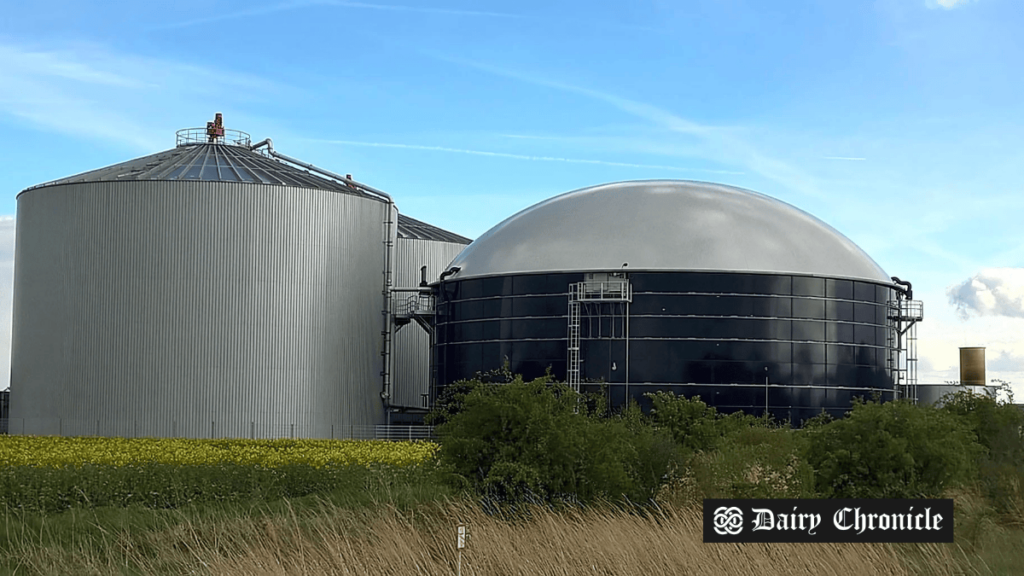Research from the University of East Anglia reveals that UK dairy farms could save up to $512 million annually by capturing methane emissions from slurry. An average dairy farm could save $64,000 per year by converting methane into biofuel, offering a sustainable solution to high emissions and energy costs. The study emphasizes the need for government support to make methane capture technology more accessible.
Dairy farms across the UK could potentially save up to $512 million annually in fuel costs by capturing methane emissions from slurry storage, according to new research conducted by the University of East Anglia (UEA). The study, in collaboration with the International Fugitive Emissions Abatement Association (IFEAA), reveals that methane emissions from slurry are significantly higher than previous estimates but can be transformed into a valuable biofuel for farms.
The research found that an average-sized dairy farm could save around $64,000 per year by converting methane into usable biofuel through existing technology. By using airtight covers to capture emissions from slurry lagoons, researchers calculated that these emissions might be up to five times greater than initially thought. This new data points to an overlooked opportunity for the dairy industry to reduce costs and become more sustainable.
The study, funded by the UK government’s Shared Prosperity Fund with a grant of $363,000, highlights the potential of methane capture as a critical tool in the nation’s journey toward achieving net-zero emissions. George Eustice, the former UK Secretary of State for Environment, Food and Rural Affairs (Defra) and chairman of IFEAA, emphasized the importance of addressing agricultural methane emissions. He noted that while emissions are higher than previously believed, the opportunity to capture methane presents a promising alternative to fossil fuels and offers farms an additional revenue stream.
Neil Ward, professor of rural and regional development at UEA, pointed out that the standard international methodology underestimates methane emissions from slurry storage. He emphasized that the available technology could not only help farmers reduce energy bills but also lead to energy independence if widely adopted. The researchers are urging the UK government to provide additional funding for slurry covers and gas processing equipment to facilitate methane capture at scale.
With methane being a potent greenhouse gas, addressing emissions in agriculture is seen as a vital step toward limiting global temperature rises to 1.5°C. The IFEAA’s chief executive, Prof. Penny Atkins, added that with proper incentives for capital investment and regulatory support, methane capture could become a viable and economically promising solution for the UK dairy industry.



